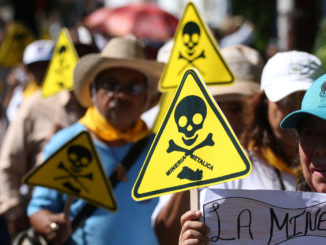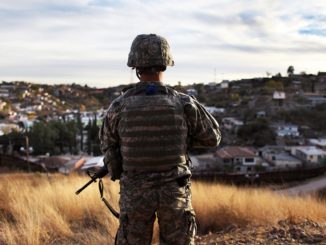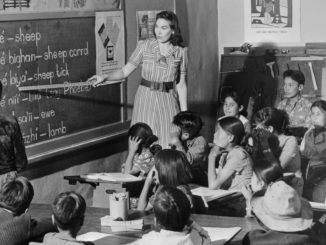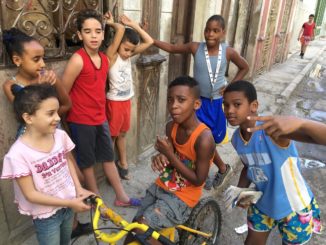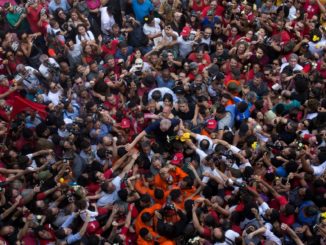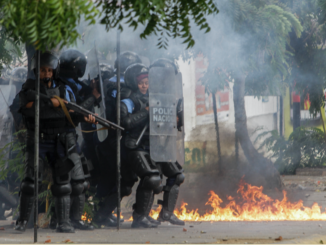
Nicaragua’s Protests Transcend Old Political Divides
For Nicaraguan university student Rosa, it was the sheer brutality of the police crackdown that left her terrified in her own country. “I never thought it would be like that,” she said, reflecting on the first time she joined a peaceful protest against proposed social security reforms. Like tens of thousands of other Nicaraguan students, she participated in a wave of demonstrations in mid-April against the Ortega administration’s plans to slash pensions and increase employee contributions to the financially troubled Nicaraguan Institute for Social Security.

